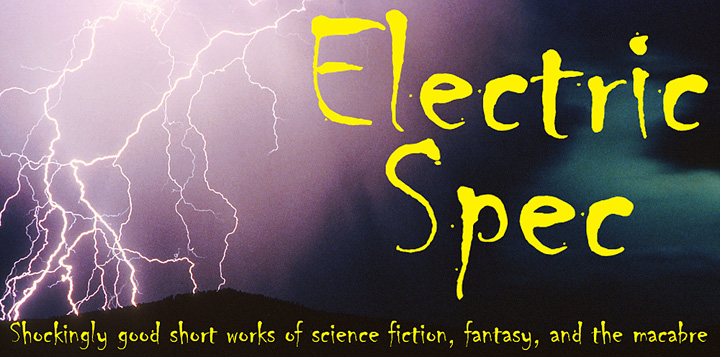| Volume 3, Issue 3, October 31, 2008 | |

| Editor's Corner: Irony in Fiction by Betsy Dornbusch |
Google "irony" and you quickly find it's a word that means different things to different people. Some people even claim irony is dead. A writer in Time announced 09/11/01 as its death date because he believes that was the day irony came and bit the U.S. in the...well. The gravity of that day notwithstanding, we all know, as Robert McKee points out in STORY, "...life is rarely all sunshine and strawberries, nor is it all doom and drek; it is both..." A workaholic labors day and night, making gobs of money, but cannot find a true love to share it with. This isn't a made-up character; many of us could point to a friend in this ironic situation. We can claim with confidence irony is not dead in real life, which is the springboard for storytelling. And it's certainly not dead in current storytelling. Consider the themes in popular culture this year: a vampire who lives forever, but constantly tries to salvage what's left of his humanity (Trueblood), the anarchist committed to the laws of brotherhood and society (Sons of Anarchy), even the trendy anti-hero (The Dark Knight and My Own Worst Enemy). So irony exists. It might even be all the rage. But to discuss it, we should try to define it. First, we can rule out what irony is not. The modern meaning of the word differs from Socratic Irony, the very first kind, and an animal unto itself. Socratic Irony is the wise teacher pretending ignorance in order to draw out students' knowledge. Socratic irony has no place in good storytelling, but it does have a kissing cousin in bad storytelling. More on that later. Irony also is not particularly friendly. It uses discomfort to push us in a certain direction. It is meant to make us think, absorb, and understand difficult truths that we cannot quite put into words. Now for what it is. For our purposes here, we can stick to the three types of irony laid out in Writing Fiction by Janet Burroway because they're the ones that apply to storytelling: Verbal, Dramatic, and Cosmic. Read the entire article:
| |
